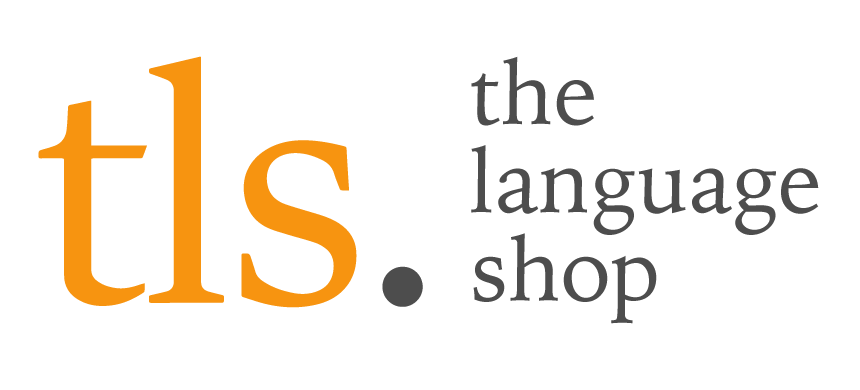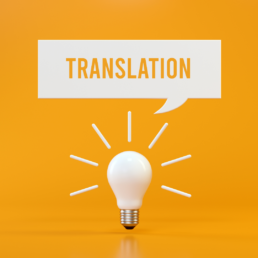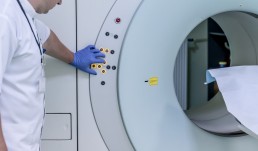Service under the Spotlight: Translation and transcription
Each month, we will be getting better acquainted with a TLS service; when and why you might need it, how to book it and how to make the most of the booking.
You may be new to the world of booking language support, or perhaps you book the same service each time because you don’t know what else is out there, or perhaps you have never considered that something different might work for you – this is for you!
In this issue, we are looking at our translation and transcription service.
It is for you if:
You have a document that you need to send to a service user that cannot read English, or an audio file that you need in the written word.
Our translators will quickly and efficiently turn your document into the target language, localising anything that needs it (eg explaining any cultural references for an non-English audience).
Transcribers will take your audio file and type it up for you.
It is not for you if:
You really need a live conversation. A translation is not a substitute for an interpreted conversation; for example, if you are working in health care, it is better to use an interpreter than to translate information on a patient’s condition, which may leave them with questions you cannot answer.
If you want us to support a live conversation, please speak to our bookings team for a solution.
When it works best:
In any situation where the written word cannot be understood by you or your service user, or where audio files are not an appropriate format (eg you need a written transcript from a long, recorded meeting).
Tips to get the most from your booking:
If you are commissioning a translation for a service user, always check beforehand that they can read the language they speak. Sometimes people will speak one language and read another.
- Providing the translator with any extra information you think may be relevant will help them to understand the job better, eg your audience, any context or technical information.
- Our translators work fast, but please remember that this process can take more time than interpreting. If you are in a hurry, let the team know and we will do everything we can to assist you.
Call our bookings team for guidance and support on 0808 175 1230.
Groundbreaking MRI shows benefits of medical translation
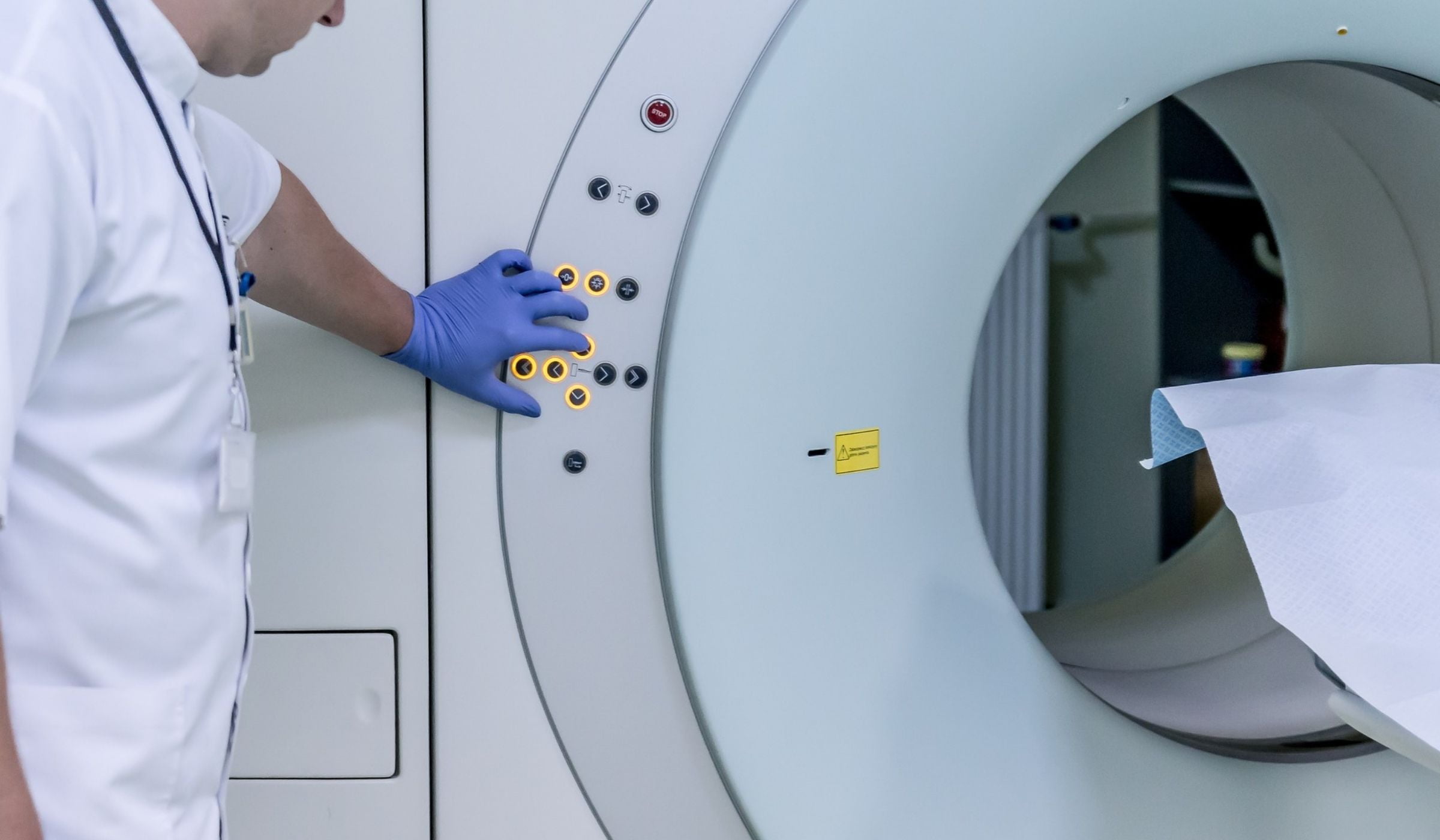
A £1.2m investment by the University of Aberdeen underlines the importance of communicating to patients in their own language.
A new MRI scanner at the university can now give patients information and instructions in 17 different languages, including the rare Scots language of Doric. In addition to the importance of giving medical information clearly, the move is also in recognition of the comfort that good communication can bring patients.
Simon Gall, public engagement officer with the Institute, says: “My grandmother, a Doric speaker who has dementia, struggles now with communication in English, but when … medical professionals use Scots, she is much more responsive.”
At TLS, we always use qualified interpreters, many of whom have specialist health skills and experience. If you would like to know more, get in touch.
Keep up to date with all our latest news here and on social media – we are on Facebook, Twitter and LinkedIn.
